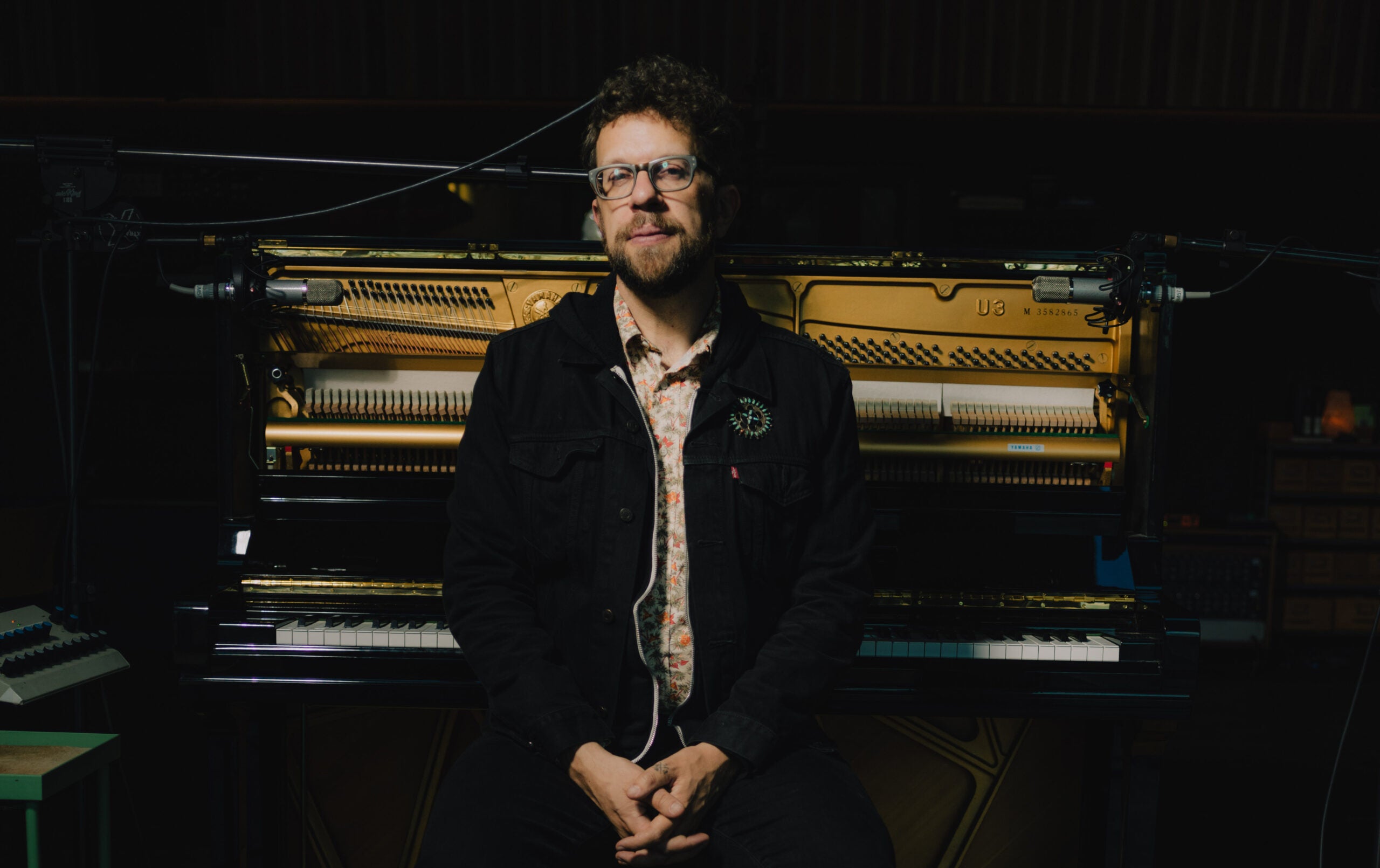New research conducted by psychologists at University of Wisconsin-Madison has found that people who learn to meditate on compassion are more likely to help someone who is being treated unfairly.
The subjects in the UW researchers’ study meditated on developing compassion 30 minutes a day for two weeks. They were then shown a film about sharing a pot of money, and asked to respond.
“They watch as one person who has $10 gives an unfair amount of money to someone who has no money,” said Helen Wang, an author of the study. “So they only share maybe $1 or $2.”
Stay informed on the latest news
Sign up for WPR’s email newsletter.
Weng said those trained in compassion were more likely to give their own money to help the person who was cheated out of their fair share than another group who didn’t receive the training. She said the results suggest the training holds promise for people in a wide range of professions.
“This might be a really powerful educational tool for any field where your job is to help people in some way,” said Wang.
The meditation course is available online at the UW Center for Healthy Minds. Weng said the course’s training, which more than 12,000 people have downloaded since the research began, is based on Buddhist practices that have been used by monks for centuries.
Weng is a clinical psychologist and a postdoctoral scholar at At the University of California, San Francisco. She worked on the study with Richard Davidson, who founded the Center for Investigating Healthy Minds. Davidson said training people to nurture their natural capacity for compassion “can dramatically impact the climate and interactions that ensue in everyday life, including in education, health care and the workplace.”
Wisconsin Public Radio, © Copyright 2025, Board of Regents of the University of Wisconsin System and Wisconsin Educational Communications Board.




